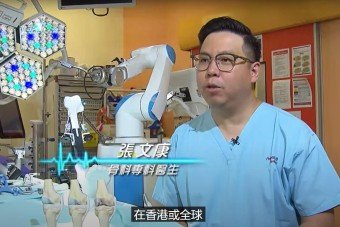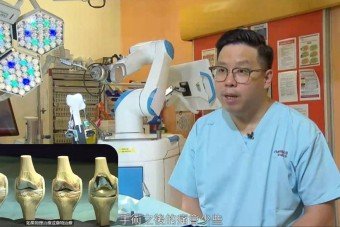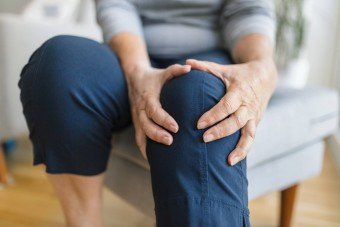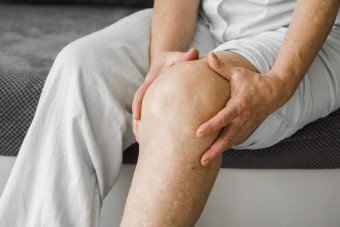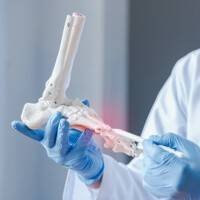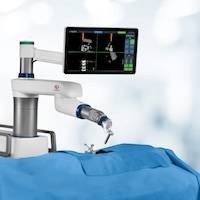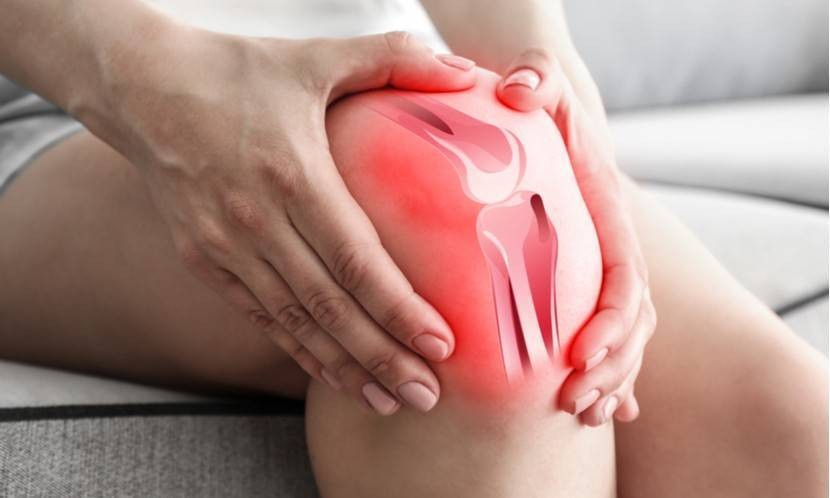
If you frequently experience knee pain, seek medical attention as soon as possible! Severe degenerative knee osteoarthritis can lead to "bow legs", making it difficult to walk, and it’s not just an issue for the elderly. Two groups of people may face a risk of knee joint degeneration that is over five times higher. For patients with early or mid-stage knee joint degeneration, a new injection therapy called Autologous Protein Solution (APS) has emerged in recent years, effectively reducing inflammation and relieving symptoms.
High-Risk Groups for Degenerative Knee Osteoarthritis
Frequent knee pain, occasional redness, and swelling are common symptoms of degenerative knee osteoarthritis. While aging accelerates joint degeneration, studies show that overweight individuals may face a fivefold or higher risk. Those with prior knee injuries, such as cruciate ligament rupture, meniscus tear, or fracture, may have a seven times higher risk than average.
In severe cases, all joint cartilage wears away, the joint space disappears completely, and the bones themselves erode. Ligaments loosen, the joint becomes unstable, and surrounding soft tissues become inflamed and swollen, leading to uneven joint surfaces and ‘bone spur’ formation, which means abnormal bone growth.
At this stage, the joint becomes overly stiff, unable to fully extend or bend, often developing an inward deformity ("bow legs"). About 5% of patients may develop an outward deformity ("knock knees"). The mobility of patient declines sharply, and may struggle not only with stairs but even walking on flat ground.
APS Injection Reduces Inflammation and Relieves Pain
Many middle-aged or early elderly individuals (around 60+) suffer from early or mid-stage knee degeneration. For these patients, non-surgical treatments are typically recommended, such as knee injections. Beyond the common hyaluronic acid injections (often called "gel shots"), the medical field has introduced platelet-rich plasma (PRP) therapy for joint and soft tissue pathologies, such as Achilles tendon or ligament disorders. A newer form of PRP, known as Autologous Protein Solution (APS) is developed specifically targeting knee degeneration. This single-injection treatment is effective for early to mid-stage osteoarthritis. The treatment involves drawing 60ml of blood from the patient, processing it via centrifugation to concentrate 3-4ml of protein-rich solution, packed with growth factors and anti-inflammatory cytokines, and precisely injecting it into the knee joint.
Joints contain two types of proteins: ‘good proteins ‘means anti-inflammatory cytokines and growth factor; ‘bad proteins’ means pro-inflammatory cytokines . APS boosts the concentration of good proteins in the joint, helps to reduce inflammation, ease pain, and promote cartilage repair. Since APS is derived from the patient’s own blood component, it’s highly safe with minimal allergy risks.
APS Therapy is Safe with Effects Last Up to 2 Years
Clinical experience shows that APS injections typically take effect within two months, with results lasting 1.5 to 2 years. Repeating injection is possible if needed. However, patient with advanced knee osteoarthritis with fully eroded cartilage and joint deformity see little benefit from the injection.
One case involved a 60+ marathon runner who developed knee discomfort two months before a race, and diagnosed with mild degenerative osteoarthritis. His pain significantly decreased within few weeks after receiving APS injection, allowing him to complete the marathon. Although APS cannot cure the disease, it effectively relieve osteoarthritis related symptoms.
Patients should consider surgery if:
- X-ray confirms severe joint degeneration and deformity.
- Non-surgical treatments such as physiotherapy, painkillers are fail to help.
- Daily life is severely impacted such as mobility limitations.
If you notice these issues, you should seek early medical advice and discuss personalized treatment options with your doctor.
Source: https://topick.hket.com/article/3944097



